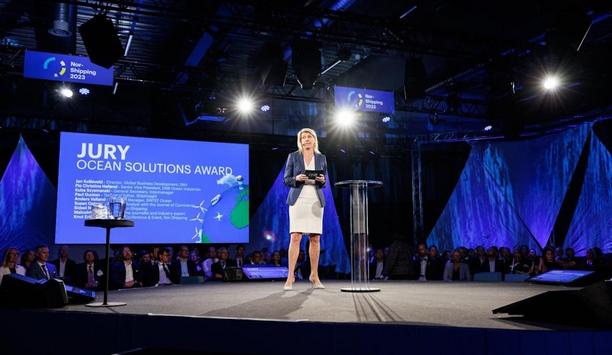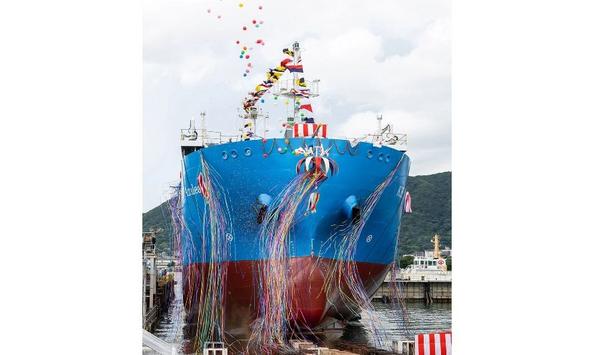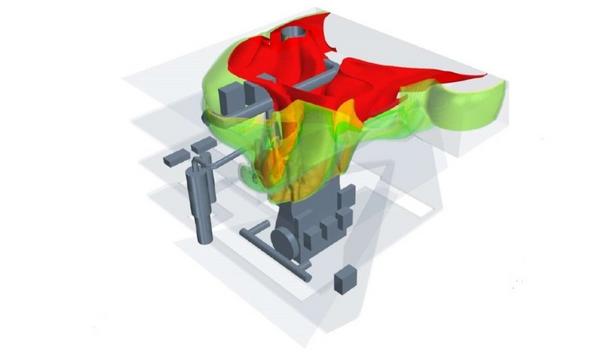The Port of Rotterdam Authority welcomes the ambition of the International Maritime Organization (IMO) to be climate-neutral by 2050.
The Port of Rotterdam Authority views the new agreements set out by the 175 IMO Member States as an important foundation for climate-proofing the shipping sector.
Reduction of GHG emissions
The Port of Rotterdam Authority is hereby responding to the amendment of the ‘Greenhouse Gas (GHG) strategy on reduction of GHG emissions from ships’, which the IMO announced on Friday 7 July. This concerns a tightening of the originally agreed strategy from 2018.
Considering the diverse viewpoints of flag states in the IMO, the result obtained is quite an achievement"
“Considering the diverse viewpoints of flag states in the IMO, the result obtained is quite an achievement. It is important that everyone now has the same perspective on an international scale. We also applaud the ambition agreed specifically regarding an increase in the use of sustainable energy in shipping,” says Eric van der Schans, Director of Environmental Management at the Port of Rotterdam Authority.
Alternative shipping fuel
The Port of Rotterdam Authority is actively supporting and accelerating the energy transition in maritime shipping in many ways. For example, the Port of Rotterdam Authority has been promoting the use of alternative shipping fuel as a replacement for fuel oil for the past 15 years. This has led, among other things, to Rotterdam being one of the main bunkering ports for biofuels, and to methanol still being bunkered this year on a structural basis.
What’s more, Rotterdam is also hard at work on shore-based power for maritime shipping. Together with the International Association of Ports and Harbors – representing the interests of 200 sea ports – the European Sea Ports Organisation (ESPO) and smaller alliances such as the World Ports Climate Action Program, the Port of Rotterdam Authority is working on improving regulations and knowledge at an international level to promote the energy transition in maritime shipping.











